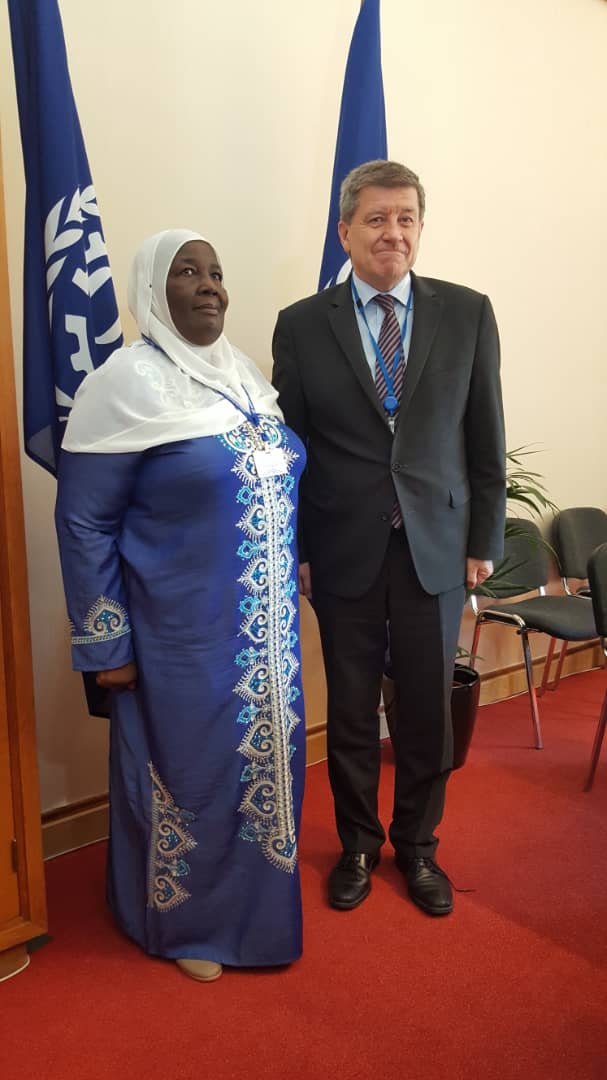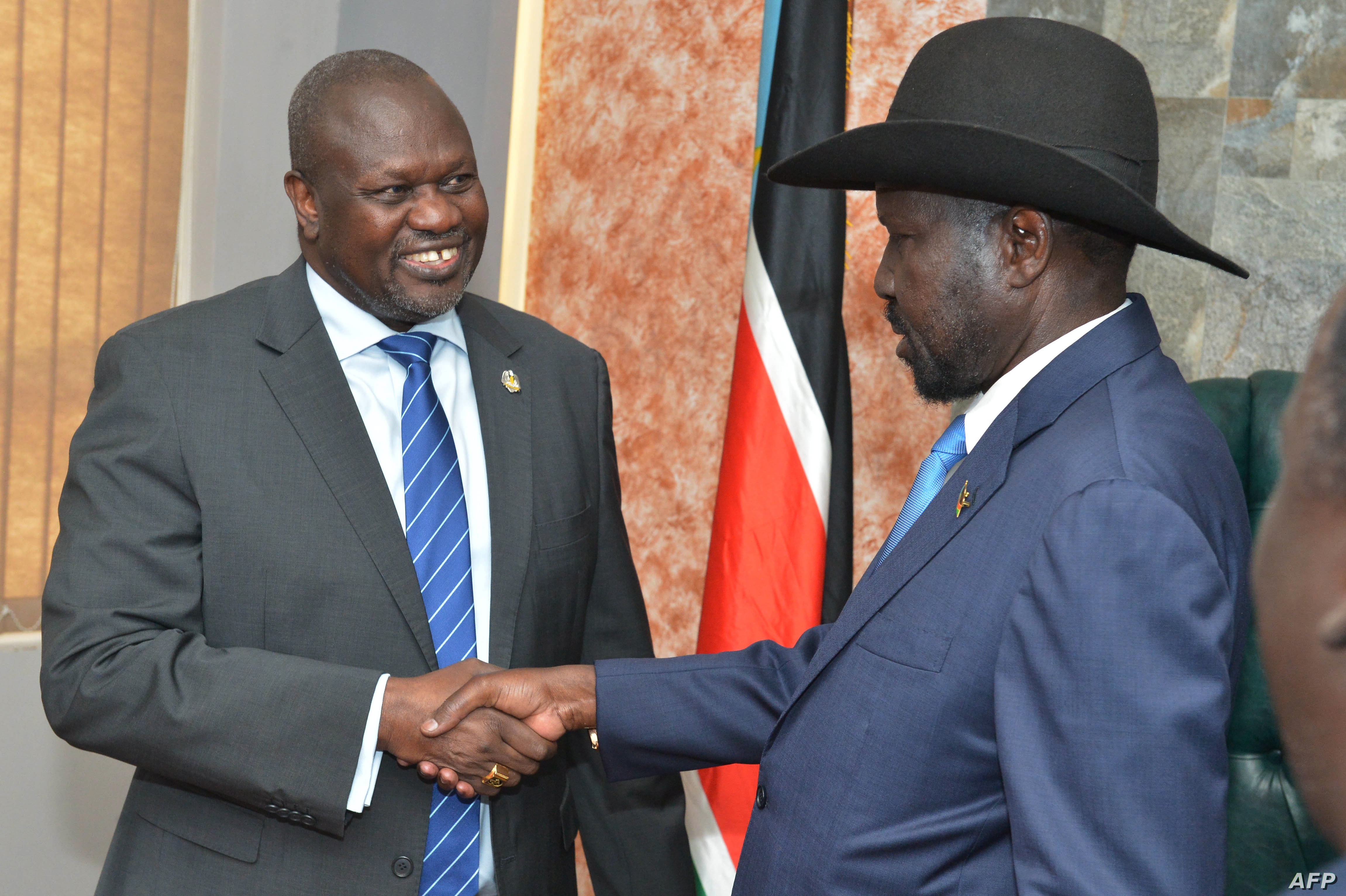The Minister of Gender, Labour and Social Development, Janat Mukwaya has called for a review of the staffing composition within the International Labour Organsiation (ILO) to reflect the organisation’s diversity in nature.
This was contained in a statement delivered by the Minister on behalf of the Africa Group at the just concluded 337th Session of ILO’s governing body held in Geneva, Switzerland.
“The universal nature of the ILO should be better reflected in staff composition through a renewed commitment to diversity, including geographical diversity and gender parity.” Hon. Mukwaya said.
The governing body also adopted Mukwaya’s proposal that the International Labour Office should submit to the next Governing Body in March 2020 a report indicating the gender and geographical distribution of regular staff by category and grade.
This was after an endorsement was made of the Action Plan for Improving Gender Parity and geographical diversity within the ILO workforce.
Uganda was voted to the ILO’s Governing Body for a three year term during the 106th International Conference held in Geneva in June 2017.
Another key decision taken at the 337th Session of the governing body was that the International Labour Office should not renew Public Private Partnerships (PPP) with the tobacco industry in line with the Model Policy for Agencies of the United Nations System on Preventing Tobacco Industry Interference.
Under the PPPs, the tobacco industry has been funding ILO’s programmes on elimination of child labour in the tobacco industry in Malawi, Tanzania, Uganda and Zambia.
In order to ensure that activities to end child labour previously funded by the tobacco industry do not stop, the Governing Body adopted the Integrated Strategy on Addressing Decent Work Deficits in the Tobacco Industry.
Under the said strategy, the activities to address child labour will continue but will be financed by ILO Resources.
Accordingly, Uganda as one of the former PPP countries will receive USD 5,010,000 from 2020-2023 towards addressing child labour in the tobacco industry.









